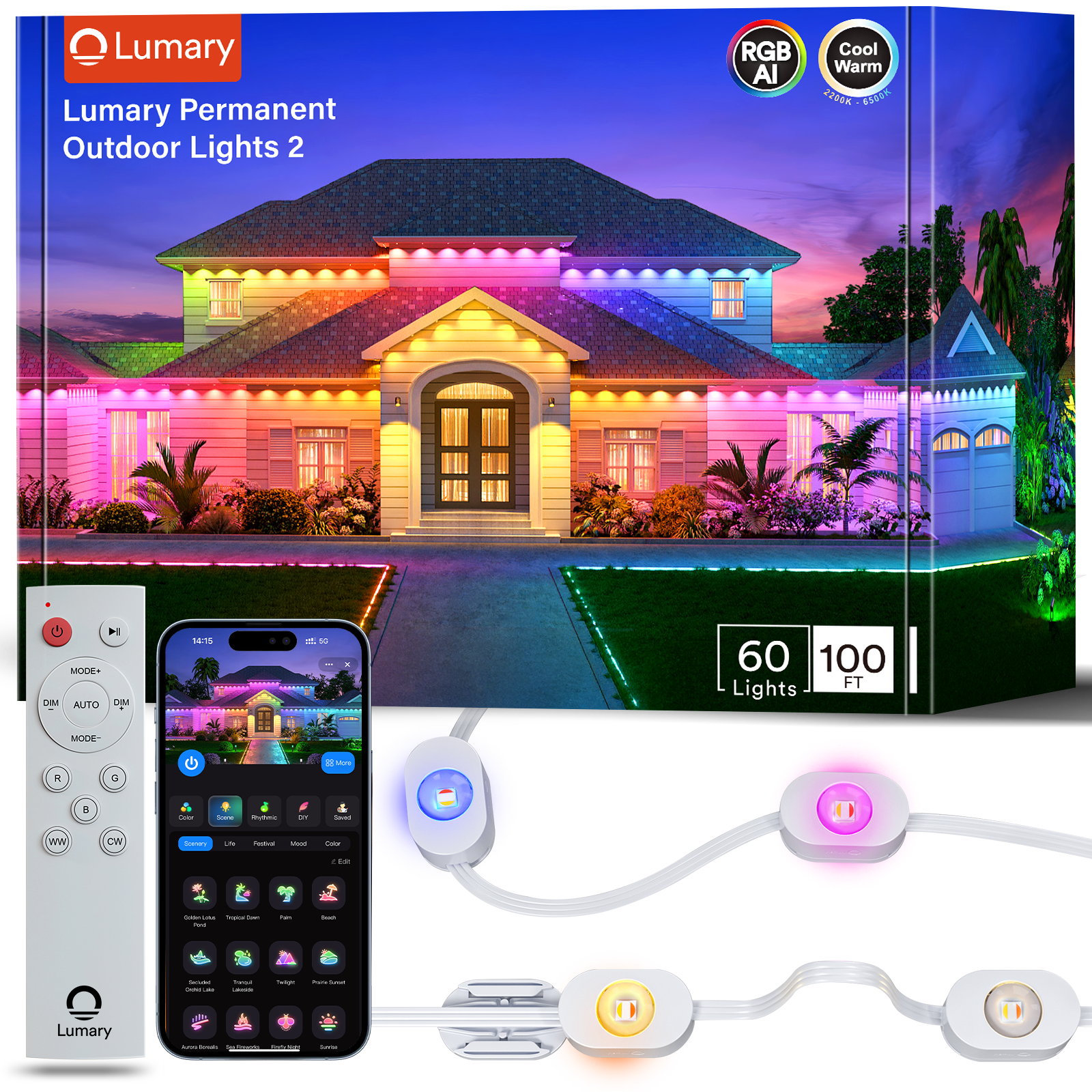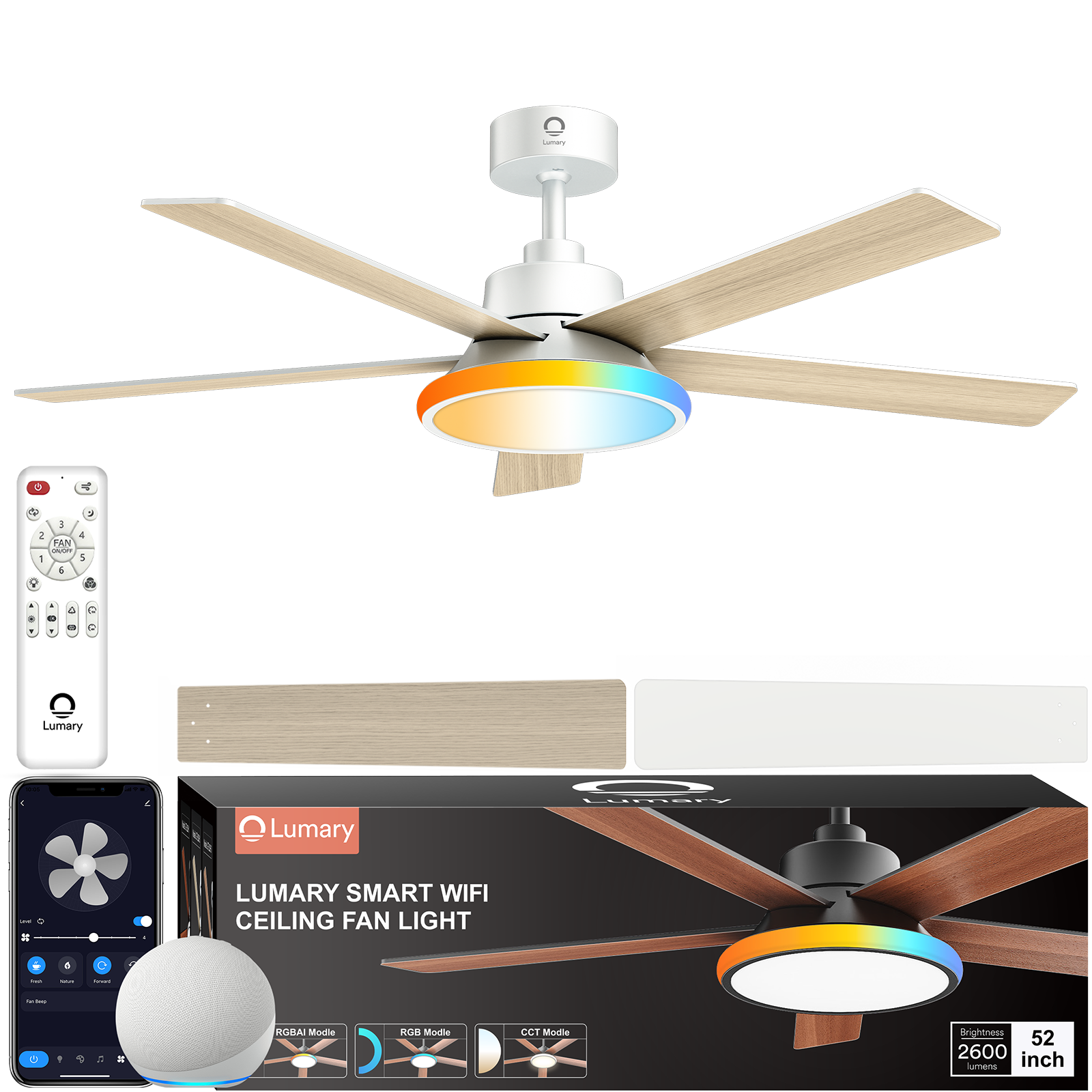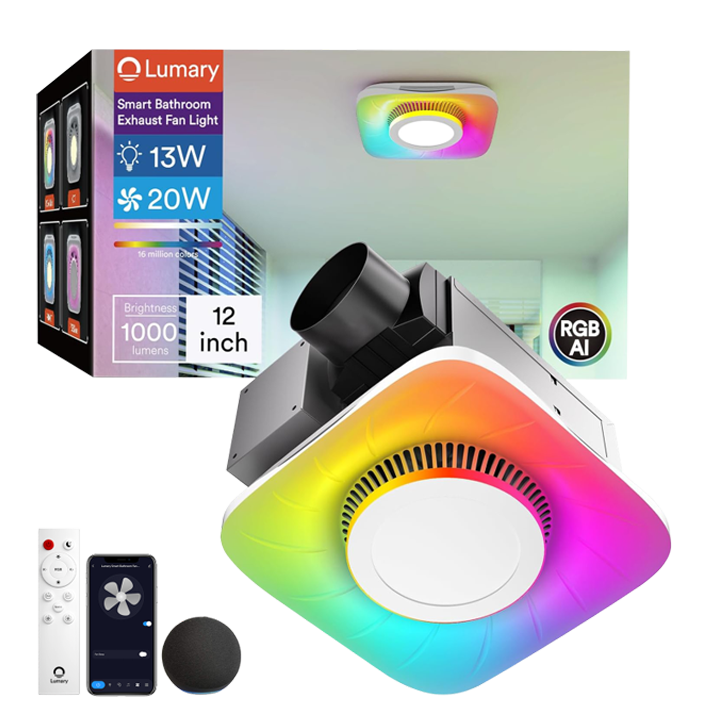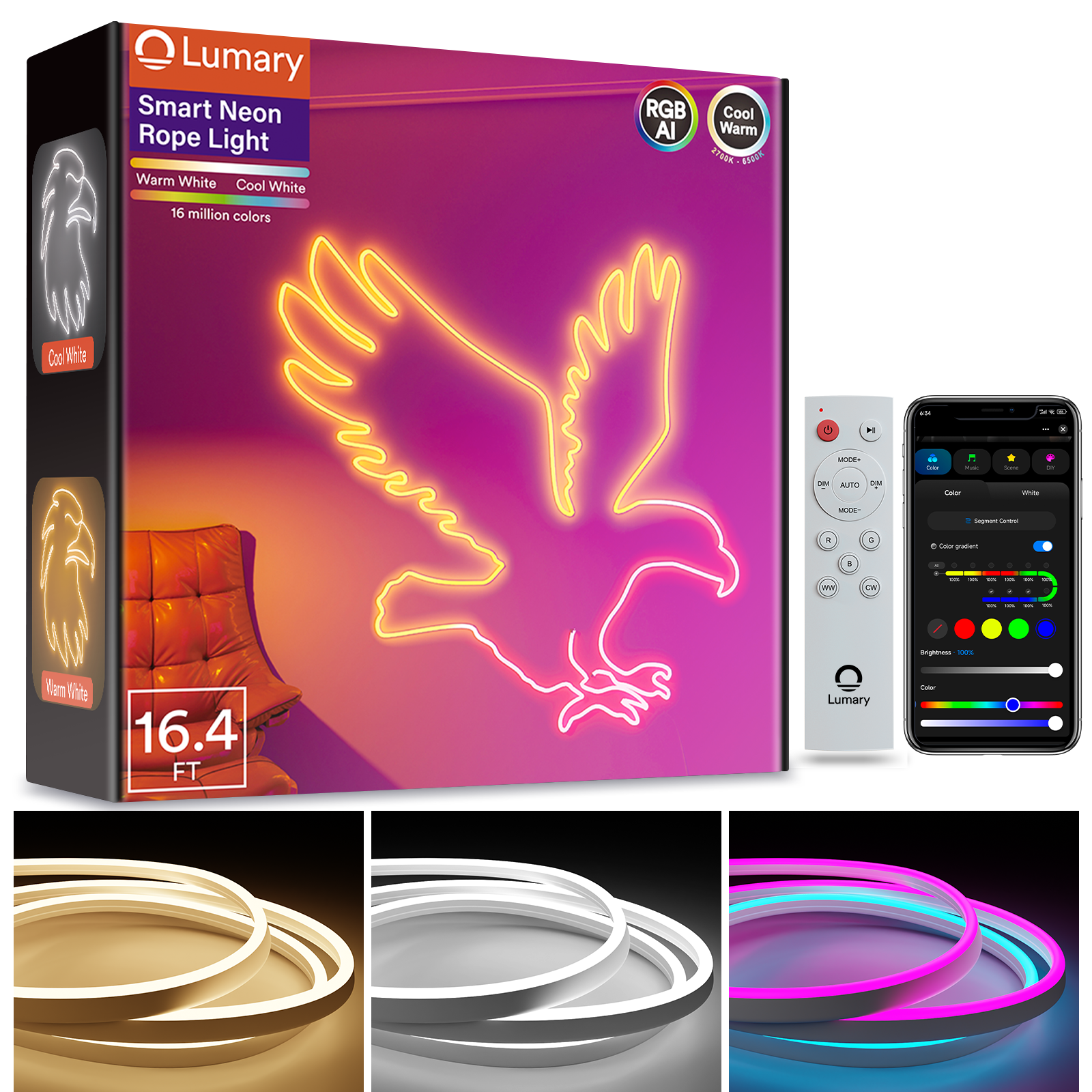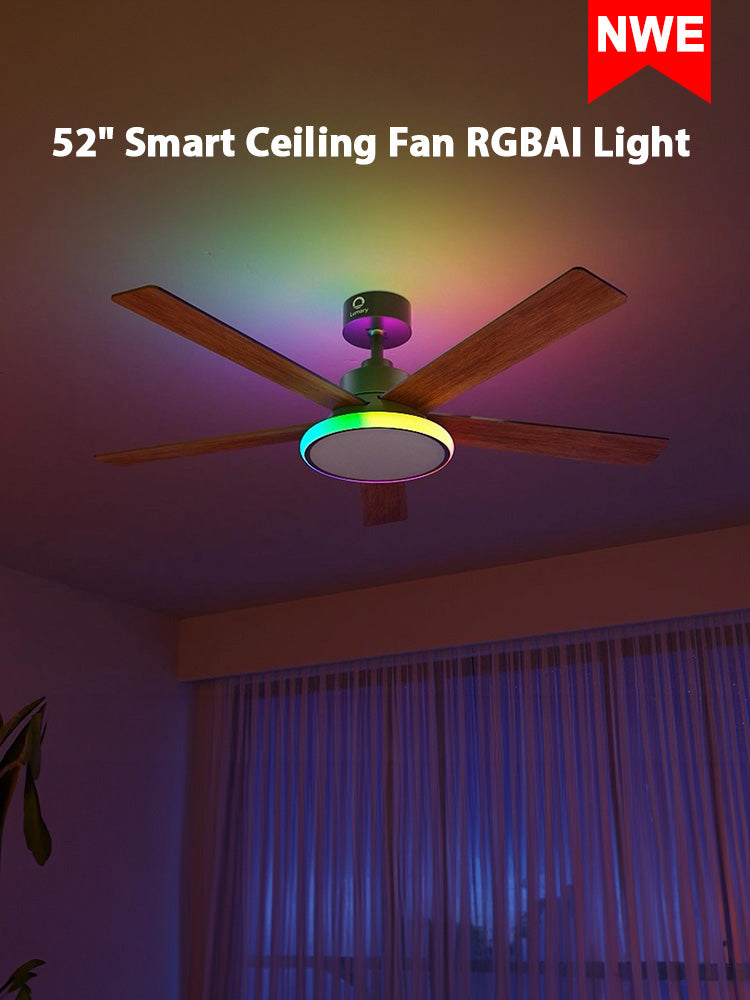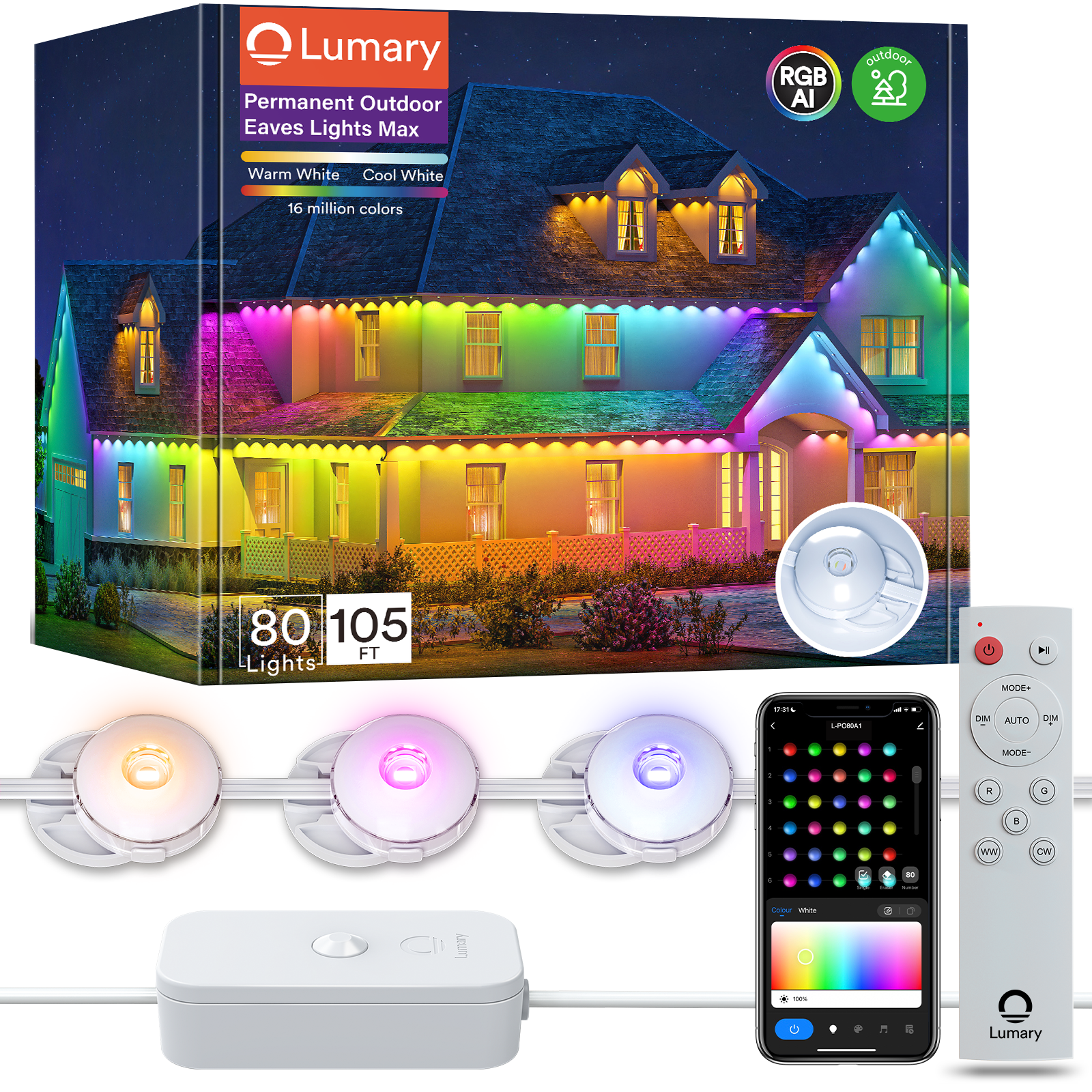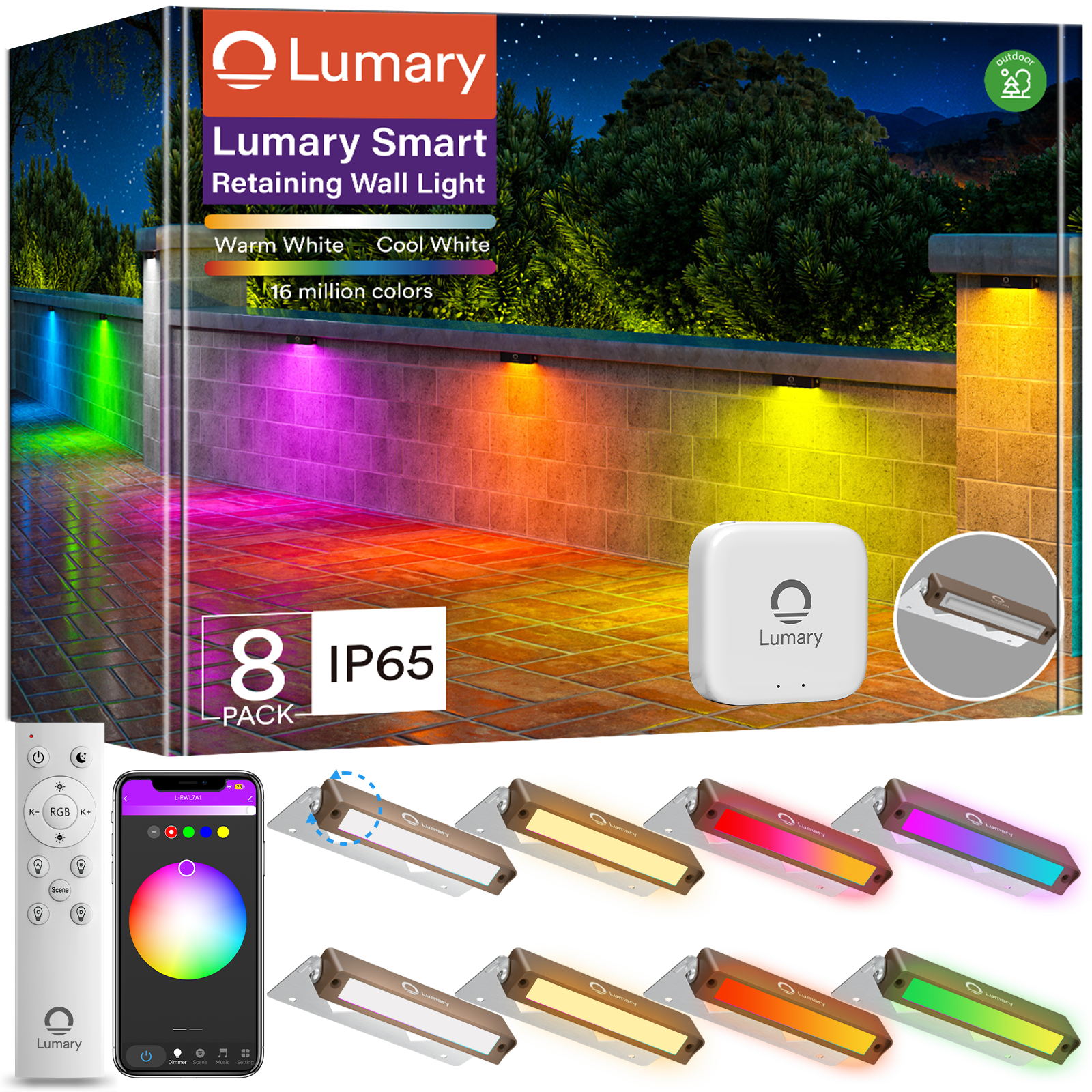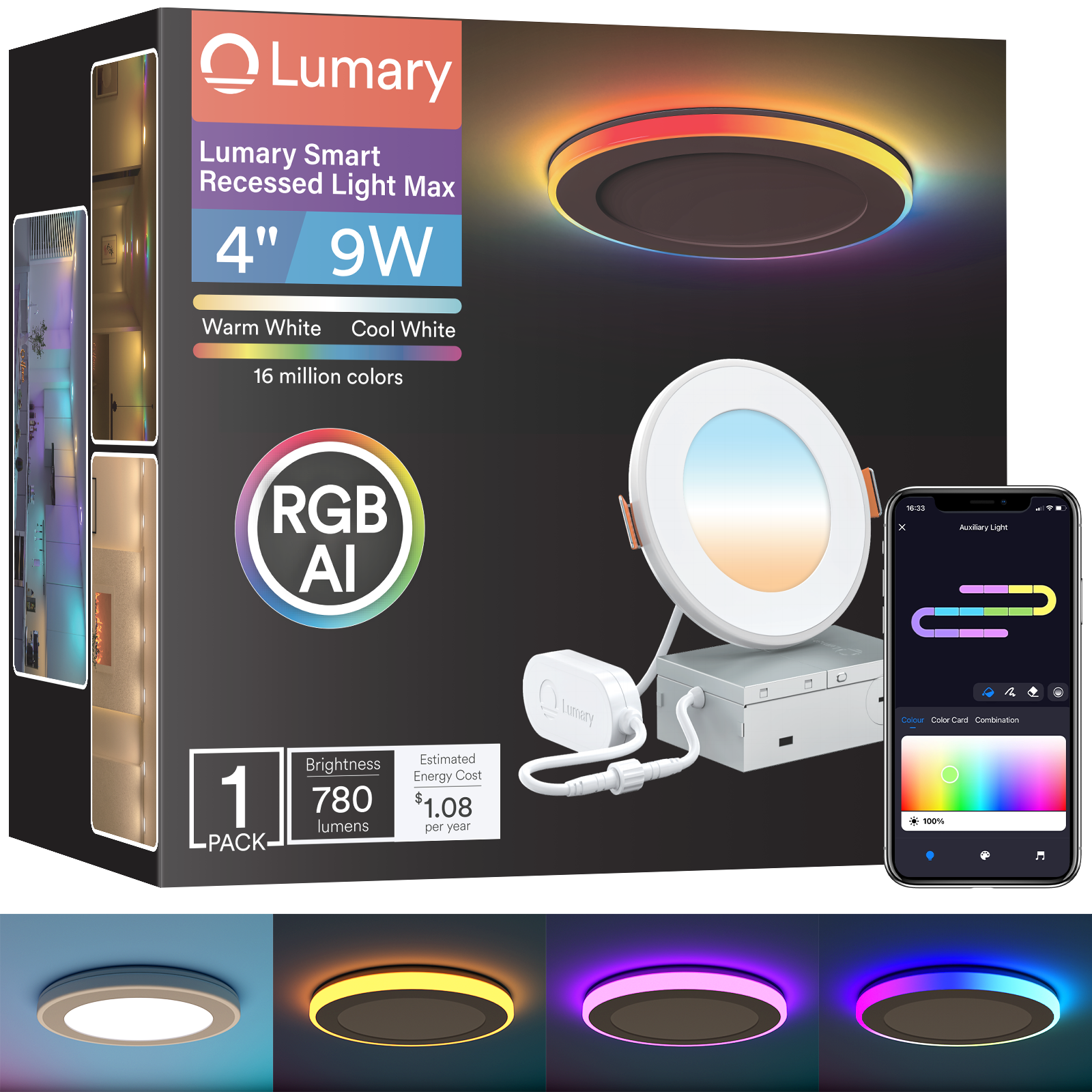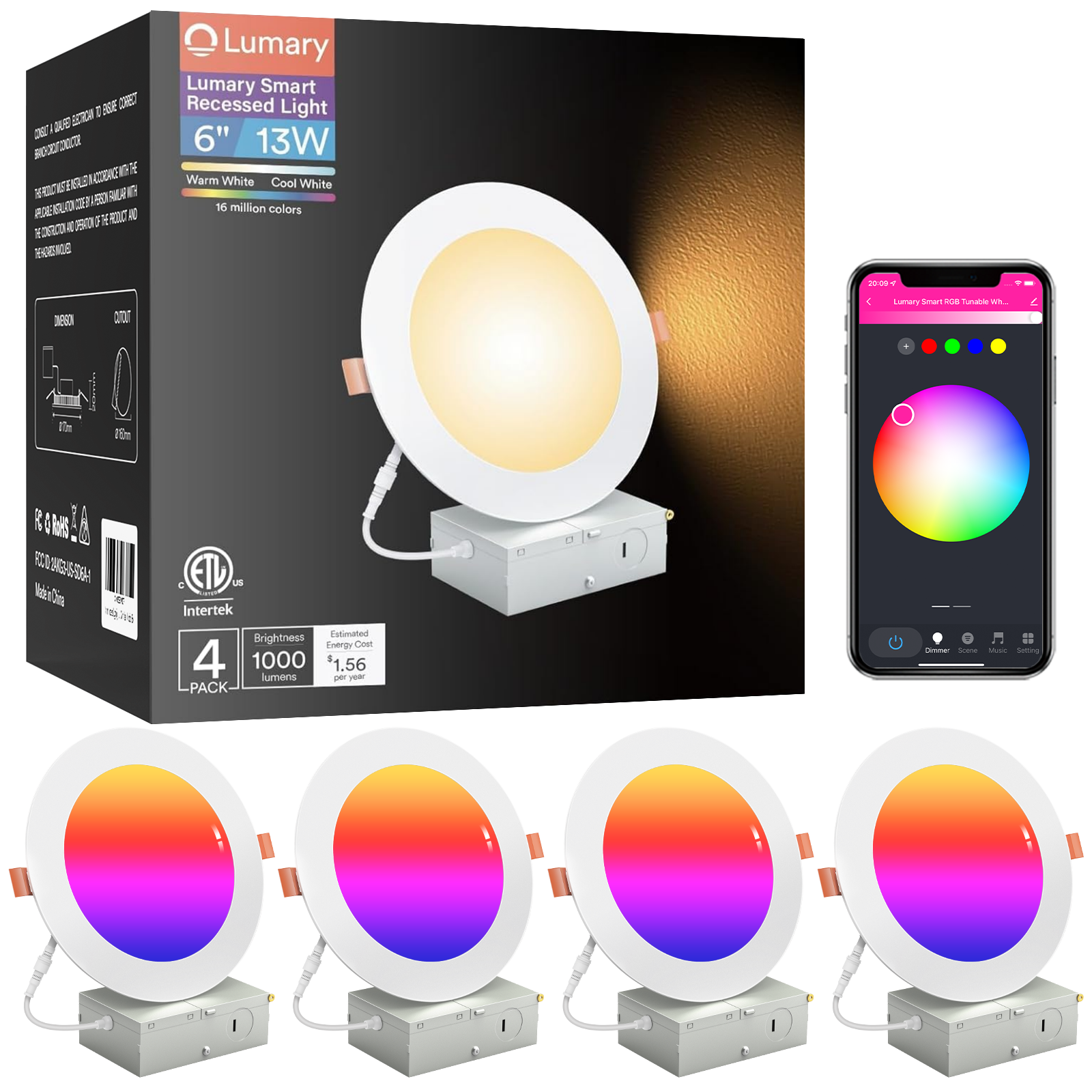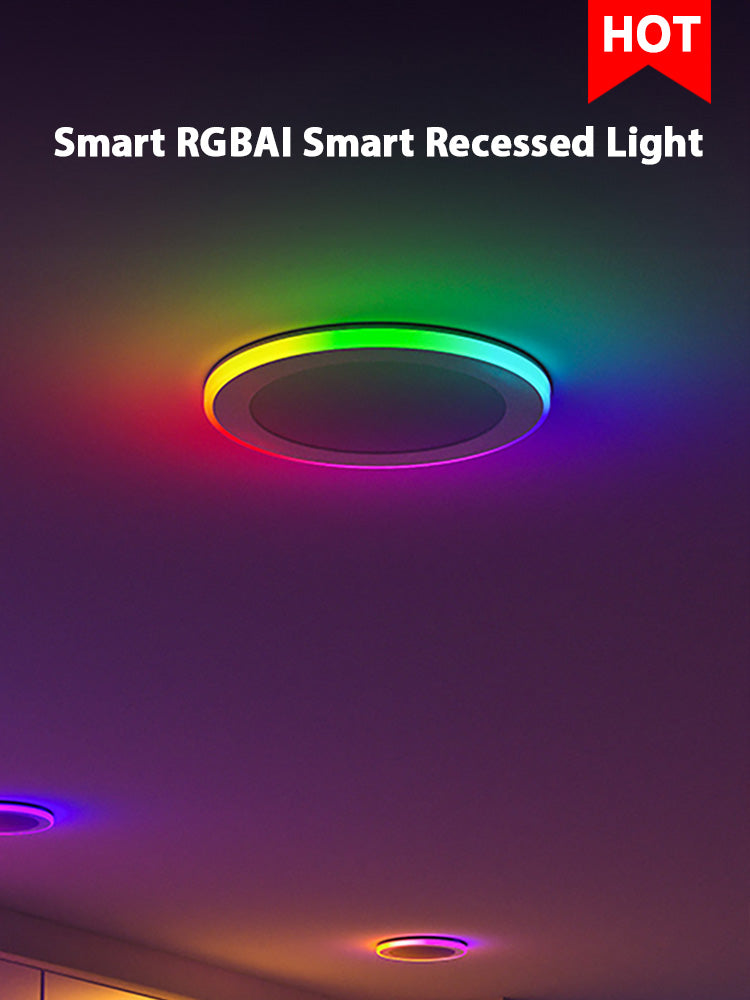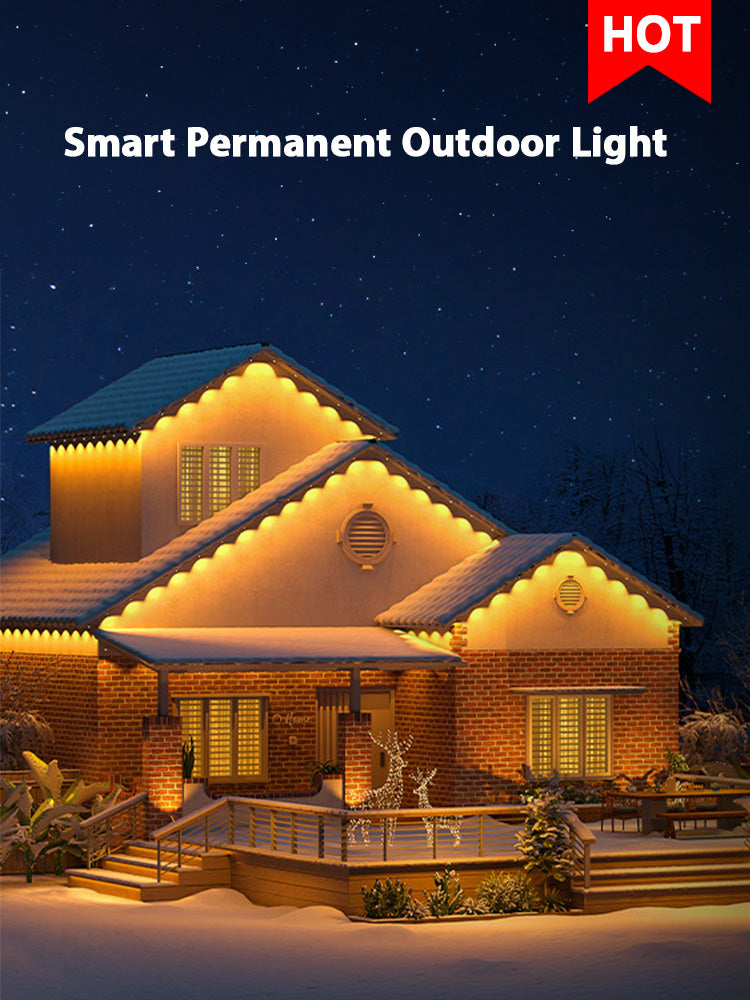Lighting your water feature will turn your garden into a magical outdoor haven by combining sound with illumination. Strategic lighting accentuates the beauty and visibility of any water element—from a calm pond to a bubbling brook to a dynamic fountain—while also improving safety and producing a mesmerizing atmosphere. This guide will gently walk you through planning, installing, and maintaining your own do-it-yourself water feature lighting, transforming your backyard into a magical waterscape glittering day and night.
How to Design Your Illuminated Water Feature
Create the Scene
Every water feature has a narrative, and lighting helps to define it. Is your goal a dramatic focal point for nighttime events or a peaceful retreat to relax after work? Safety is also very important; well-lit paths help to prevent accidents and falls. It's about establishing a safe, welcoming environment that enhances the natural allure of water, not only about visibility.
Making Your Lighting Choice
Regarding kind of lights, every one has advantages. Perfect for underwater theater, submersible LED lights provide energy efficiency and lifespan. Though brighter, halogen lamps often consume more power and create heat, so they should be carefully handled and placed. Though their output may change with the season and temperature, solar-powered lights offer an environmentally beneficial choice.
Weighing Your Options
Every lighting system brings something different to the table. Halogens provide a classic warm glow; LEDs are low-maintenance and cost-effective over time; solar lights reduce wire and electricity use. To help you decide, weigh your priorities—that of continuous cost savings, brightness, or environmental impact.

Prioritize Electrical Safety and Ensure Waterproofing
Electrical Safety First
Water and electricity can be a dangerous mix without appropriate protections. Low-voltage light systems (12–24 volts) are safer for use around water features and help to lower the risk of electric shock. Connect your lighting system always to a Ground Fault Circuit Interrupter (GFCI) outlet. If this smart gadget senses an imbalance in electrical current, it will automatically cut off the power, therefore preventing possible shocks.
Seal and Secure
Using suitable weatherproof junction boxes and sealant, make sure all connections in your lighting arrangement are properly sealed to waterproof it. Protect wire running above ground with conduit and firmly attach it either under vegetation or along walls to avoid damage and remove tripping risks. To maintain both appearance and safety, submersible lights should be securely moored, and cables should be tucked away in an orderly fashion. Using these guidelines, you will design a safe and long-lasting, brilliantly lit water feature.
Enhance Your Garden with Strategic Light Placement and Special Effects
Crafting visual interest with your water feature lighting is an art. Call attention to the rippling dance of a fountain or the calm flow of a cascade using spotlighting. Position lights at various angles to enhance texture and movement, hence generating depth and contrast. Install ambient lighting around the perimeter to provide a soothing glow reflecting off the water's surface, therefore fostering tranquility and continuity.
Add color filters to honor holidays and seasons or to provide a vivid accent. While warm whites could reflect the tenderness of starlight, subtle blues can conjure moonlit seas. Arrange lights under plants to create an ethereal backlit impression using natural components. Turn your water feature into an interactive experience for everyone to enjoy by embracing technology with programmable LED lights that can alter colors and intensity, thereby enabling you to build scenes or even sync them with music.

How to Upkeep Light
Routine Care for Lasting Brilliance
With consistent maintenance, keep your water feature lighting in the best form. To maintain clarity and brightness, wipe out lenses with a soft cloth; this is especially important for submersible lights where algae or sediment could gather. Look for wear or damage, such as frayed cables or cracked casings, which can compromise safety or performance. For problems including algae buildup, think about installing UV light filters to stop growth or utilizing algaecides that are safe for plants and animals.
Adapting Through the Seasons
Your approach to lighting care should shift with the seasons. Clear away autumn falling leaves that can block your water feature or obscure lighting. While spring encourages a thorough examination to ensure all systems run as they should following the cold months, winter may call for the removal of lights should freezing weather pose a hazard. Summer's lots of daylight means solar-powered lights may require less charge time; adjust them to prevent overcharging batteries. Keeping proactive with these techniques will help your water feature remain a year-round, well-lit refuge.
Reflecting on the Glow
Every light is a brushstroke on the evening canvas of your garden as we have traveled through the subtleties of improving it with do-it-yourself water feature lighting. From the pragmatic guidelines of safe installation to the artistic pleasures of designing your lighted paradise, the work you put in offers a wonderful return—a garden that not only glows with light but also speaks with personal pride. Accept the process, play about with several ideas, and let the brightness of your house show through in your garden. Your water feature lighting is more than just decoration; it's a monument to your vision and care, a lighthouse welcoming you into your piece of nature, day or night.

